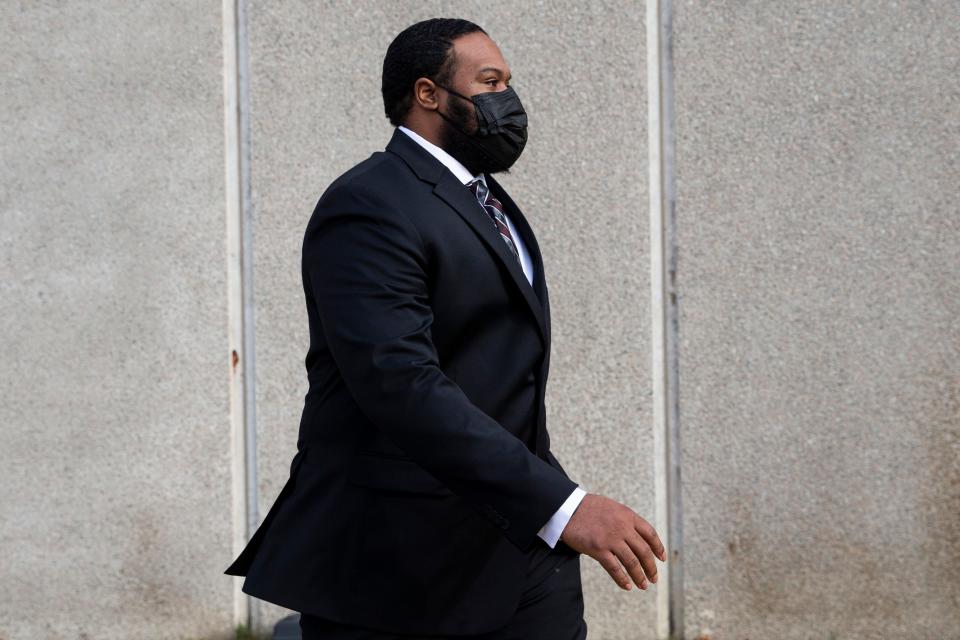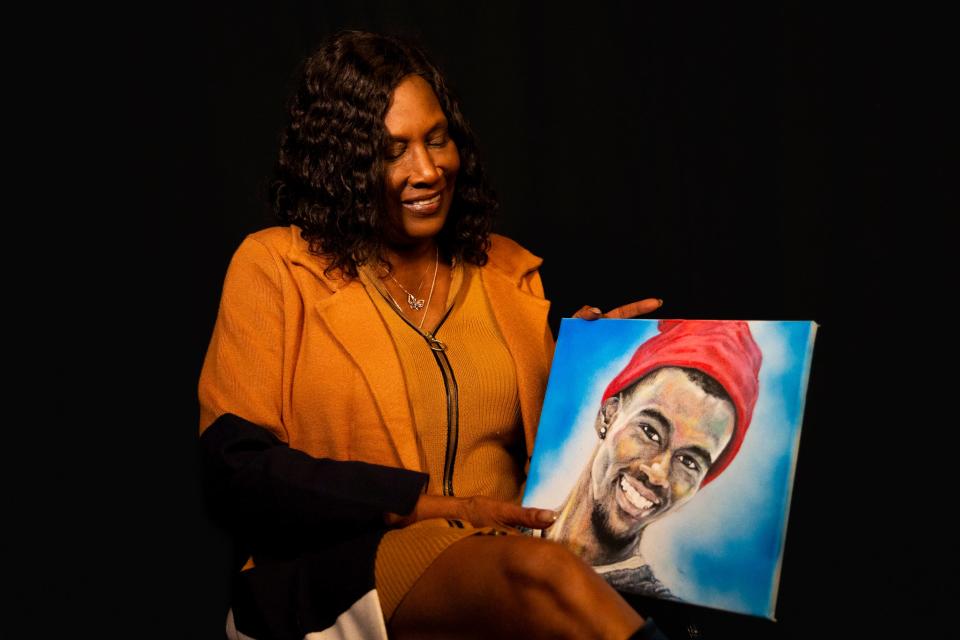Judge in Tyre Nichols federal criminal case orders expert witnesses disclosed by next week
A federal judge ruled Wednesday that the U.S. Attorney's Office needs to hand defense attorneys representing the former officers charged with violating Tyre Nichols' civil rights all available information on the expert testimony prosecutors plan to call at trial.
The ruling comes months after the discovery deadline passed, which Michael Stengel, the attorney representing former Memphis police officer Demetrius Haley, said should have included documents relating to expert witnesses. Stengel filed a motion at the time requesting that expert opinion testimony not be included at trial and cited prosecutors telling him that they did not plan to call experts, but that they reserved the right to do so if that changed.
In court Wednesday, head prosecutor on the case David Pritchard confirmed that his office plans to call experts, and Judge Mark Norris questioned why documents relating to these experts had not been handed over.
"You really have not been forthcoming," Norris said to the U.S. Attorney's Office during the hearing. "You know more than you've told them."

Norris said that should he have been in the shoes of the U.S. Attorney's Office, he would have turned over anything the moment he knew experts would be called, even if that disclosure did not include everything that would be available in the future.
Norris described the actions as "troubling," and questioned if the U.S. Attorney's Office was "shadow boxing" or "shadow dancing," meaning they were prejudicing the defense or looking to push back the trial date, respectively. He also said it seemed the government was "hiding the ball" from defense attorneys.
Pritchard rejected those assessments, saying that the office did not act in bad faith or prejudice the defendants by not disclosing all of the expert testimony. He also said that they do not have everything yet and that they do not have a problem disclosing the information they do have.
Although not providing a detailed list of the experts he plans to call Wednesday, Pritchard said the prosecution has disclosed over 1,000 pages of St. Francis Hospital records, the autopsy report, FBI interviews with St. Francis' physicians and interviews with Memphis Police Department training academy staff. That, Pritchard argued, gave the defense an idea of what experts would be called.
Co-defendant Justin Smith, represented by Martin Zummach, had already signed onto the motion and Emmitt Martin, represented by William Massey and Stephen Johnson, signed on orally during the hearing Wednesday. Zummach, during the hearing, said he had received the autopsy report and other files mentioned by Pritchard but said should a forensic pathologist be allowed to testify as an expert they should be "confined to the four corners of the report."
Both Zummach and Stengel said the rapidly approaching trial date, currently set for May 6, will not afford the attorneys enough time to thoroughly investigate each expert once the defense attorneys learn who will be called. Zummach argued that is enough to show prejudice against the defendants.
"That's unfair to the defendants in this case who are staring down the barrel of some serious prison time," he said.
Though saying he could understand the argument Zummach and Stengel made, Norris said he would reserve judgment as to whether the experts being admitted could be prejudicial until after seeing the expert list. That list is due to be disclosed by the end of January, but Norris said he would reserve ruling on possible sanctions against the U.S. Attorney's Office until later.

Norris was also steadfast in the current trial date, which was touched on after Massey suggested could be pushed back if Norris were to admit the expert testimony.
Stengel filed his motion to prevent expert opinions in early November, citing tight deadlines and the U.S. Attorney's Office, which is prosecuting the case, saying that they did not plan to introduce witnesses.
In the motion, Stengel wrote that the government should be prohibited from introducing opinions "including, but not limited to, an opinion on the alleged unreasonableness of force used against Tyre Nichols, whether any alleged force used against Tyre Nichols resulted in bodily injury, whether any alleged force used against Tyre Nichols resulted in his death, the cause of Tyre Nichols' death, toxicology test results and DNA test results."
Lucas Finton is a criminal justice reporter with The Commercial Appeal. He can be reached at Lucas.Finton@commercialappeal.com, or (901)208-3922, and followed on X, formerly known as Twitter, @LucasFinton.
This article originally appeared on Memphis Commercial Appeal: Judge in Tyre Nichols federal case tells US Atty. to turn over witness list

